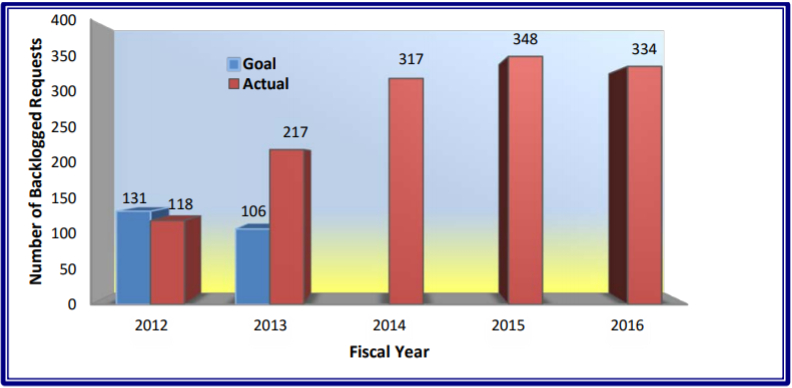We have previously commented on changes at the Internal Revenue Service (IRS) Appeals Division, including: (1) the allowance of Appeals to invite representatives from the IRS Examination Division (Exam) and IRS Office of Chief Counsel to the Appeals conference, (2) the limitations on in-person conferences, and (3) the use of “virtual” conferences.
- IRS Extends Permanent Invitation to Exam to Attend Appeals Conferences
- Appeals Large Case Pilot Program Draws Criticism
- Virtual IRS Appeals – A New Frontier?
- More Changes to IRS Appeals, in Response to Taxpayer and Practitioner Concerns
IRS Appeals Chief Donna Hansberry discussed these changes at a recent tax law conference held by the Federal Bar Association. According to reports, Ms. Hansberry wants feedback from practitioners on the compliance attendance and virtual conferences. (more…)
read more

 Subscribe
Subscribe





